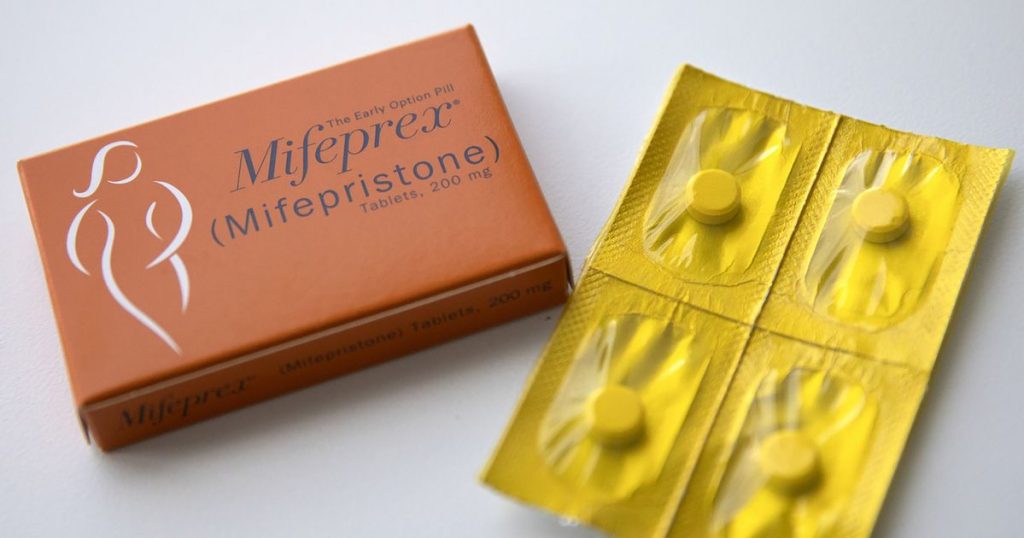The Louisiana state House passed a bill that would add mifepristone and misoprostol, two common medications used for abortions, to the state’s list of controlled, dangerous substances. Despite evidence showing that these medications are safe and effective, the bill would make possession of them without a valid prescription punishable by up to five years in prison. The legislation, which is the first of its kind, has now moved on to the state’s Republican-controlled Senate, and is expected to be signed by Gov. Jeff Landry.
The drugs in question are approved by the FDA and are the most common method of terminating pregnancy in the United States. In 2023, the Guttmacher Institute found that these medications accounted for 63% of all abortions in the country. Despite their widespread use, the bill’s author, Sen. Thomas Pressly, cited a specific case in which his niece was allegedly drugged with misoprostol by her former husband in an attempt to induce an abortion. This led to the push for the bill as a way to prevent harm to women and unborn children.
The passage of the bill has sparked backlash from Democrats, with Vice President Kamala Harris calling it “absolutely unconscionable.” Other critics have pointed out that the sudden classification of these drugs as dangerous substances is unjustified, as they have many other medical uses beyond inducing abortion, such as treating ulcers, inducing labor, and preventing postpartum hemorrhaging. Additionally, the drugs are not addictive, which is a requirement for classification under the state’s Controlled Dangerous Substances Law.
The bill’s progress in Louisiana has raised concerns that similar laws could be enacted in other red states. Critics fear that if successful in Louisiana, other Republican-led states may follow suit, further restricting access to these medications. The U.S. Supreme Court is currently weighing a case that could impact access to mifepristone, with a ruling expected in June. However, the justices appeared skeptical of the lawsuit’s merits during oral arguments, indicating that access to the medication may not be severely restricted.
Overall, the passage of the bill in Louisiana has ignited a debate over the access to and classification of medications used for abortions. Critics argue that reclassifying these drugs as dangerous substances is unwarranted and could have negative implications for women’s health. The bill’s supporters, however, claim that it is necessary to prevent harm to women and unborn children. The outcome of this legislation could set a precedent for future abortion-related laws in other states.







